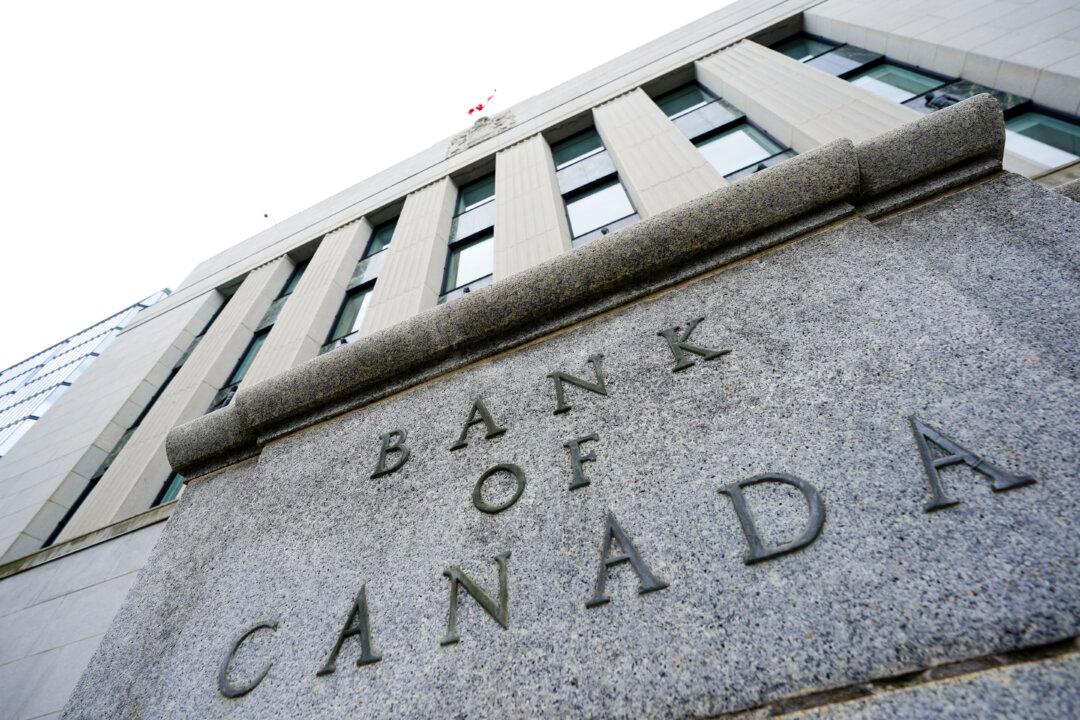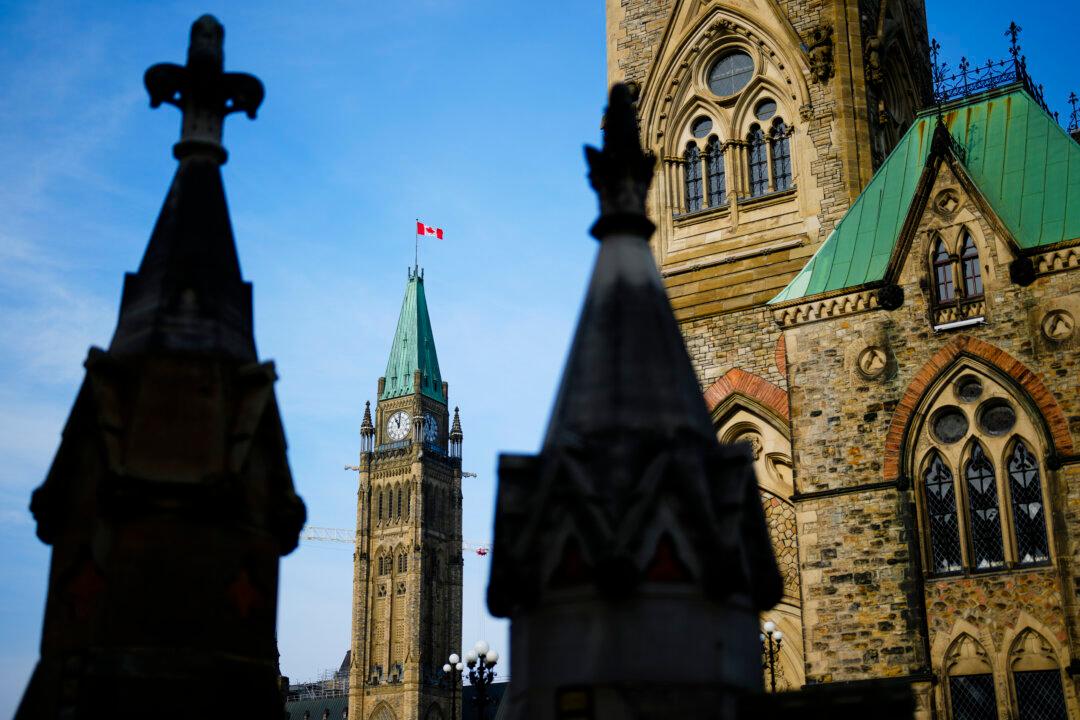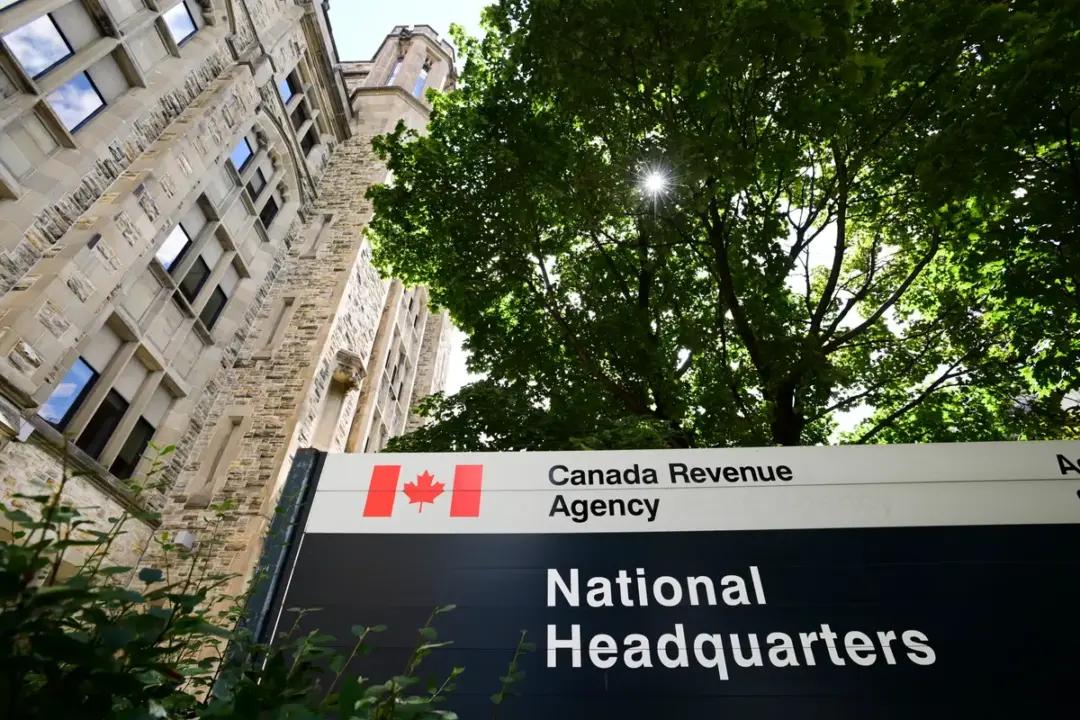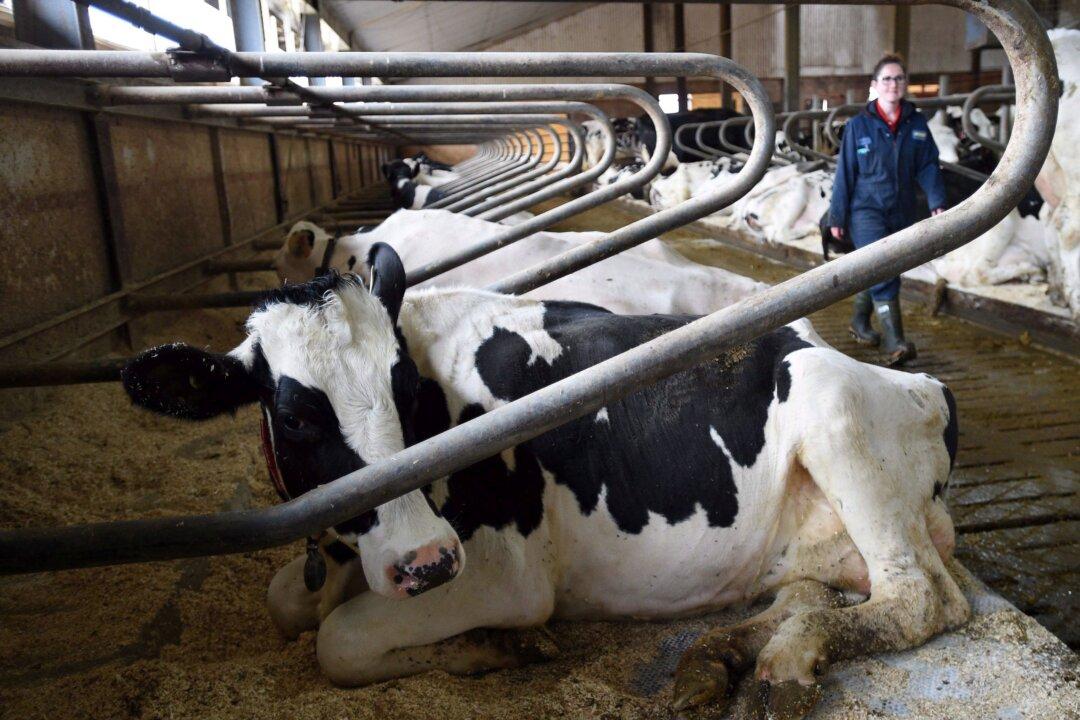Commentary
It is a relief that the U.S. Federal Reserve Board is not veering off into climate theology or other mission-irrelevant distractions. While recent comments of the Fed’s chair, Jerome Powell, were unequivocal, comments from the Bank of Canada have not been as definitive. Amelioration of real or perceived non-economic matters, such as largely social or cultural ones, should not have any share of these institutions’ attention.





